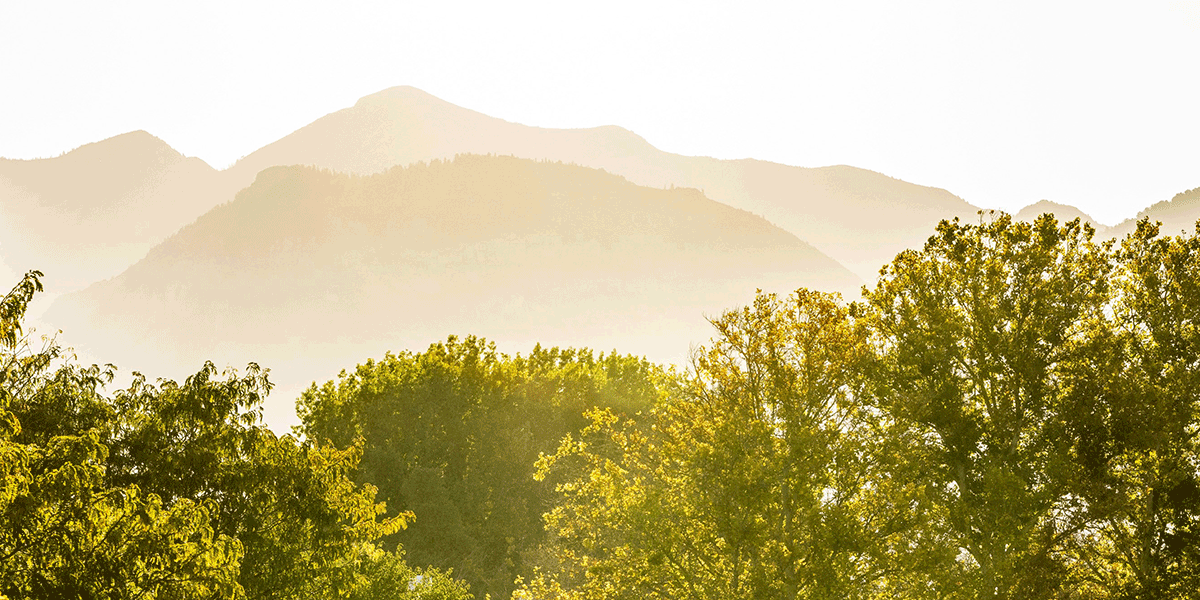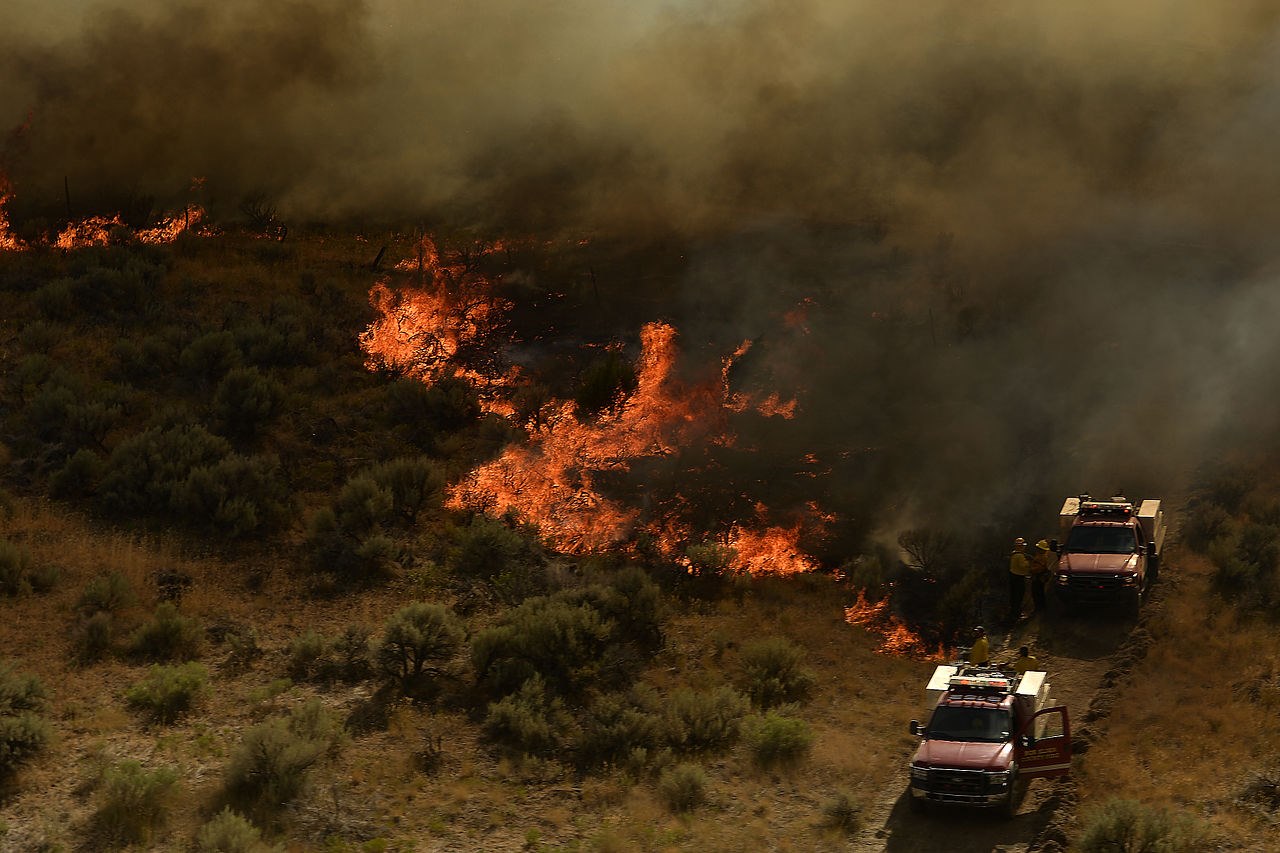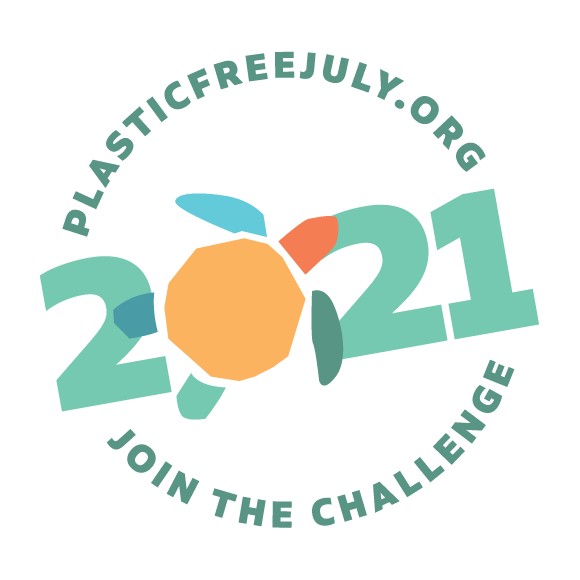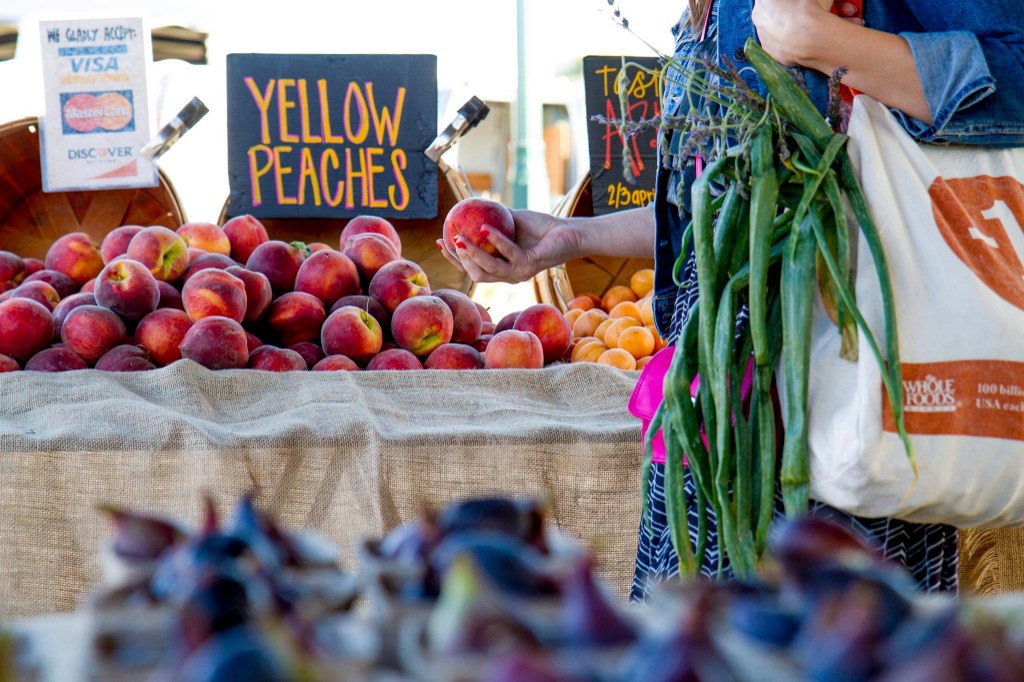

Wildfire Preparedness & Prevention

Due to the exceptional drought this summer, wildfire risk is above normal statewide June through July and in northern Utah for the month of August. This means that preparation and prevention are especially critical this year.
The first step towards preparedness is awareness. If you live at or near a wildland-urban interface you should have an evacuation plan and a go-bag ready. Additionally, if you own/maintain your place of residence you should take steps to ensure your property is fire-wise. To stay up to date on wildfires locally sign-up for your local emergency alerts and track fires on utahfireinfo.gov. To track fires nationally check InciWeb.
In addition to being prepared for the immediate risk of wildfires in your vicinity, you should be prepared for smoke impacts from distant fires. Respirator masks like N95, KN95, and KN94 masks can provide protection from smoke while outdoors. Indoors you can replace the filters in your central air system with filters that have higher MERV values or use stand- alone HEPA air purifiers. You can track smoke and air quality on Utah Division of Air Quality website and the AirNow Fire and Smoke Map.
In the 2020 fire season 78% of Utah wildfires were human-caused which means they could have been avoided if proper prevention measures were taken. Be sure to follow all local restrictions regarding fireworks, campfires, burning activity, and certain types of outdoor work (welding, grinding, etc.). You can find statewide restrictions at utahfireinfo.gov and a list of local firework restrictions on the State of Utah Fire Marshal website.
Declare Your Independence from Plastic

No one thinks, “Litter is awesome and I want more garbage where I live, work, and play.” And yet, we all inadvertently contribute to that reality through our consumption habits. For example, if each member of the UVU community (students, faculty, and staff) acquires 5 plastic bags per week that would add up to nearly 12 million plastic bags in just one year.
In the same way that we contribute to the problem, we can work to solve the problem, through everyday choices and habits. Habits can be our greatest stepping-stones or our greatest barriers. As creatures of habit we tend to give preference to short-term convenience and behavioral inertia over long-term consequences. But, fighting this inertia and the status quo can be done.
Plastic Free July is a personal challenge that is part of a global effort to shift habits and “choose to refuse single-use plastic.” On the Plastic Free July website you can commit to the Plastic Free July challenge, take the Pesky Plastics Quiz, and find inspiration in the Plastic Free journeys that others have made.
When you’re just getting started on your journey, keep it simple. Plastic Free July recommends focusing on one kind of item. Either replace it with a reusable version or skip it all together.
- Bag - for all shopping occasions; or if you’re not buying much, just skip the bag altogether
- Water bottle - fill up at one of UVU’s many filling stations
- Insulated cup/travel mug - the refill discount doesn’t hurt either
- Straw - or just say "No Thanks" and go without
- Cutlery - no need to buy a new kit; you can wrap up cutlery from home in a cloth napkin
- To-go container - bring a lidded container from home (this is a twofer: tackling plastic waste and food waste!)
Once you shift one habit, you’ll be ready to take on the next. If you have already mastered the actions above, don’t stop there; continue to level up your Plastic Free game.
This July, let’s embrace our freedom from a polluted environment and declare our independence from plastic. We can be the change we want to see in the world.
Your Guide to Local Farmers Markets

Buying food at a farmers markets is a great way to support local farmers and businesses and reduce the environmental footprint of your food. Many markets also help your dollar go farther by accepting SNAP and offering Double Up Food Bucks that double each SNAP dollar (learn more about SNAP & DUFB at farmers markets).
- Orem Sunset Farmers Market - Located in Orem City Center Park, this market runs Wednesday evenings July 7 through October 27 (5 PM - 9 PM July - September & 5 PM - 8 PM in October). This market accepts SNAP and offers DUFB.
- Lavell Edwards Stadium Farmers Market - Located in the south parking lot of Lavell Edwards Stadium on BYU campus. The market runs Thursday afternoons 3 PM to dusk or 7 PM (whichever is earlier) August 5 to October 28.
- Provo Farmers Market - Located in Pioneer Park in Provo, this market runs Saturdays 9 AM to 2 PM June 5 through October 30. This market accepts SNAP and offers DUFB.
- Springville Sunset Farmers Market - Located at Springville Civic Center, this market runs Monday evenings July 5 through October 25 (5 PM - 9 PM July - September & 5 PM - 8 PM in October). This market accepts SNAP and offers DUFB.
- Spanish Fork Farmers Market - Located at the Justice Center (789 W Center St). The market runs Saturdays 8 AM to 1 PM.
Job Opportunities
- Waste and Recycling Education Specialist. Salt Lake City Corporation. Salt Lake City, UT.
- Grassroots Organizer. Heal Utah. Salt Lake City, UT.
- Executive Assistant - Legal and Sustainability. Young Living. Lehi, UT.
- Environmental Field Technician. Montrose Environmental. Spanish Fork, UT.
- Wildlife Field Tech I. Utah Division of Wildlife Resources. Various Locations, UT.

